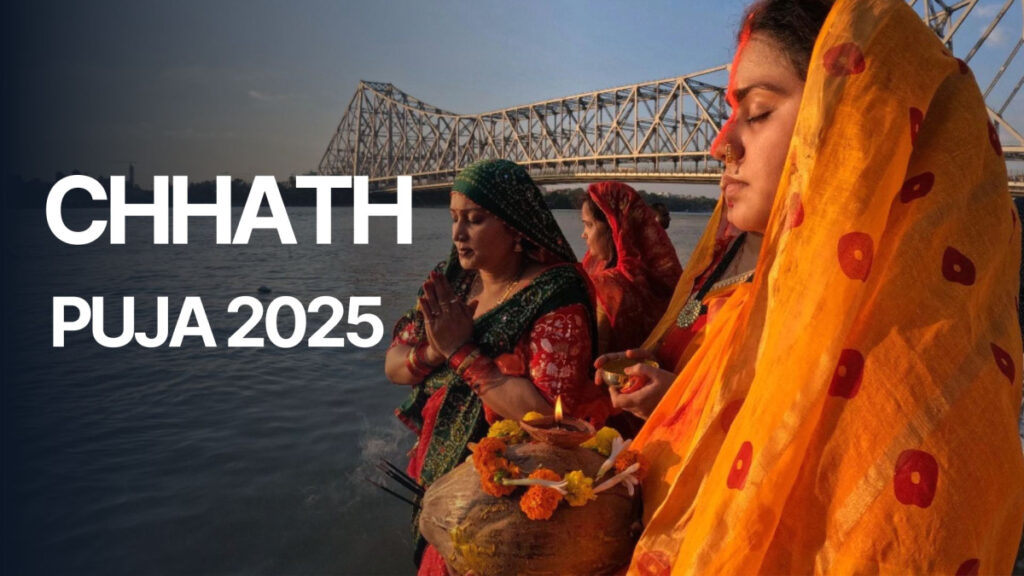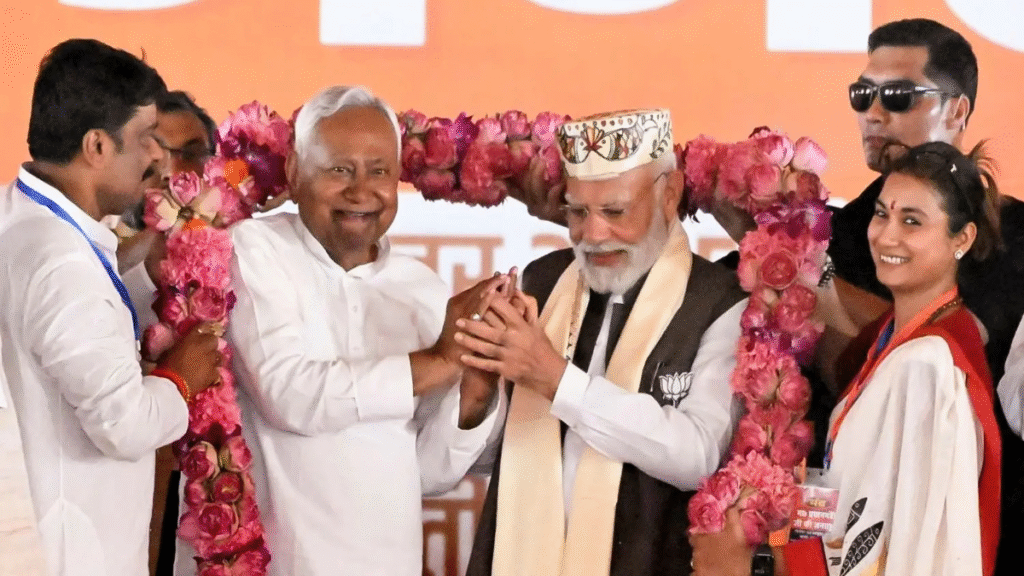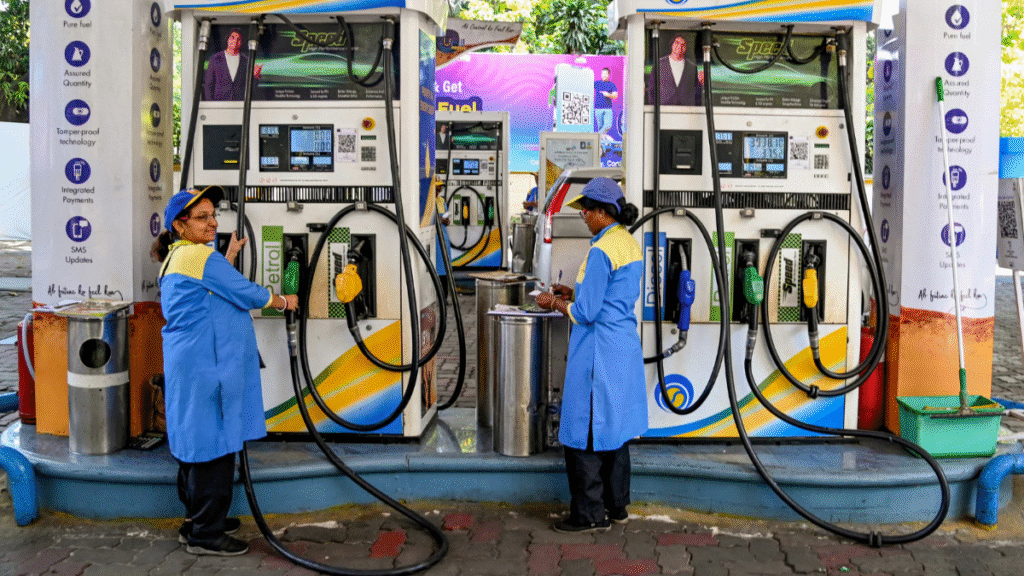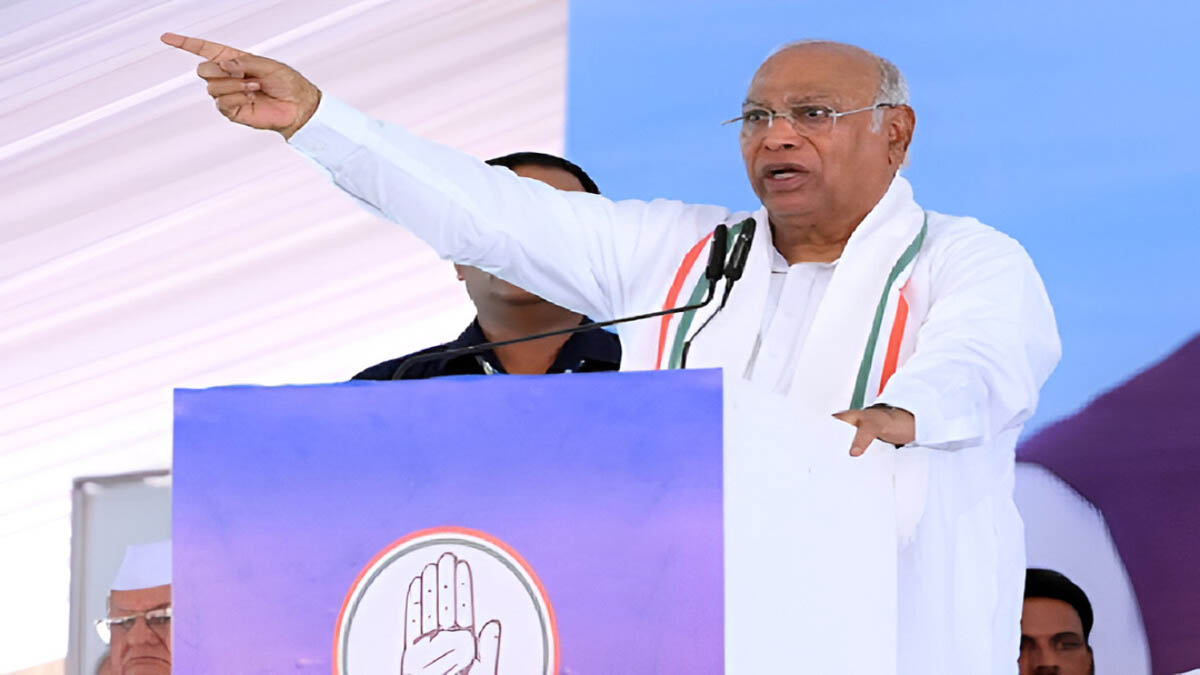Now Reading: UN Chief’s Restraint Calls to India: Pulwama, CAA, and Article 370
-
01
UN Chief’s Restraint Calls to India: Pulwama, CAA, and Article 370
UN Chief’s Restraint Calls to India: Pulwama, CAA, and Article 370
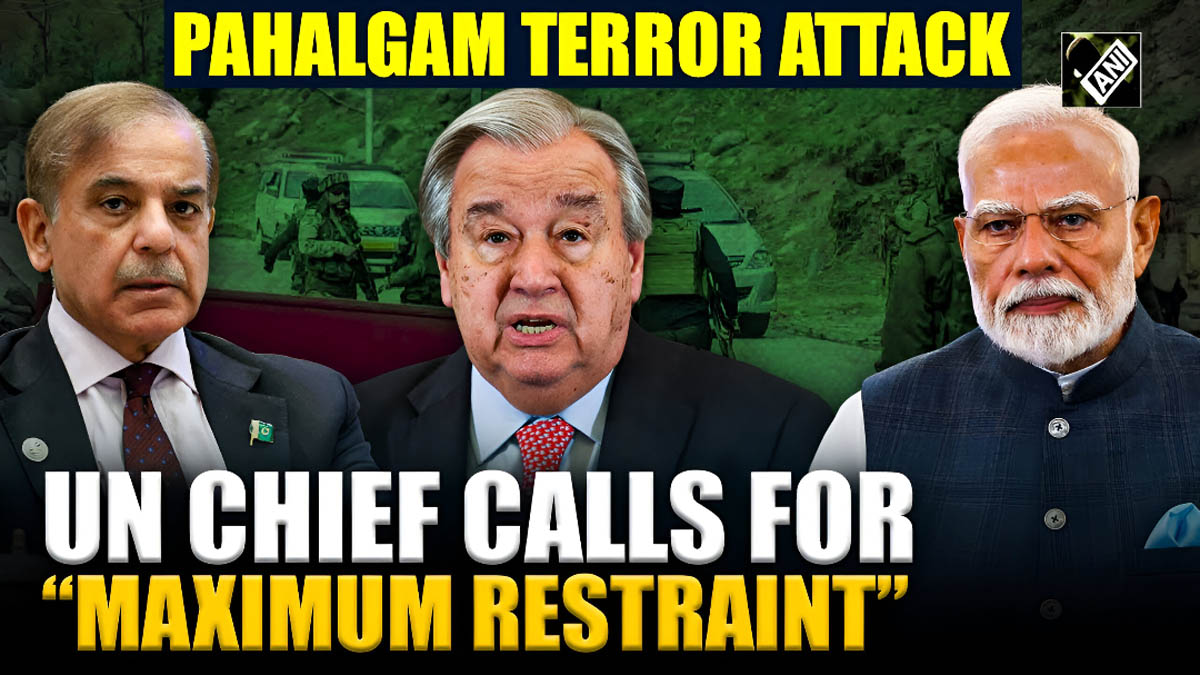
United Nations Secretary-General António Guterres has, on multiple occasions, called for restraint and dialogue from India concerning several sensitive issues. His appeals have spanned a range of domestic and regional concerns, including the aftermath of the Pulwama attack, the Citizenship Amendment Act (CAA), and the abrogation of Article 370 in Jammu and Kashmir.
Following the devastating Pulwama terror attack in 2019, which significantly heightened tensions between India and Pakistan, Guterres urged both nations to exercise maximum restraint. He emphasized the importance of avoiding any actions that could escalate the situation, advocating for a return to dialogue and diplomatic channels to resolve their differences peacefully. The Secretary-General’s office stressed the need for thorough investigations into the attack and for all parties to cooperate in combating terrorism.
The enactment of the Citizenship Amendment Act (CAA) in India in 2019 triggered widespread protests and international concern. Guterres, through his spokespersons, reiterated the UN’s position on the importance of upholding human rights and ensuring that any measures taken by governments comply with international law. He called for inclusive dialogue and urged the Indian government to address the concerns raised by various groups regarding the potential discriminatory nature of the legislation. The UN highlighted the principle of non-discrimination and emphasized the need for all individuals, regardless of their religion or origin, to be treated equally under the law.
The abrogation of Article 370, which granted special status to Jammu and Kashmir, and the subsequent bifurcation of the state into two union territories in August 2019, also drew the attention of the UN. Guterres called for restraint and respect for the Line of Control, emphasizing the need for both India and Pakistan to avoid actions that could further destabilize the region. He reiterated the UN’s position that the final status of Jammu and Kashmir should be determined through peaceful means, in accordance with the UN Charter and relevant Security Council resolutions. He also expressed concern over the human rights situation in the region, calling for unimpeded access for human rights observers and urging the Indian government to ensure that the rights of all residents were protected.
In his communications, Guterres has consistently underscored the importance of upholding international law, respecting human rights, and resolving disputes through peaceful and diplomatic means. He has encouraged India to engage in constructive dialogue with all stakeholders and to address concerns in a manner that promotes inclusivity and stability. The UN’s stance reflects its broader commitment to promoting peace, security, and human rights globally, and its role in facilitating dialogue and cooperation between nations.

